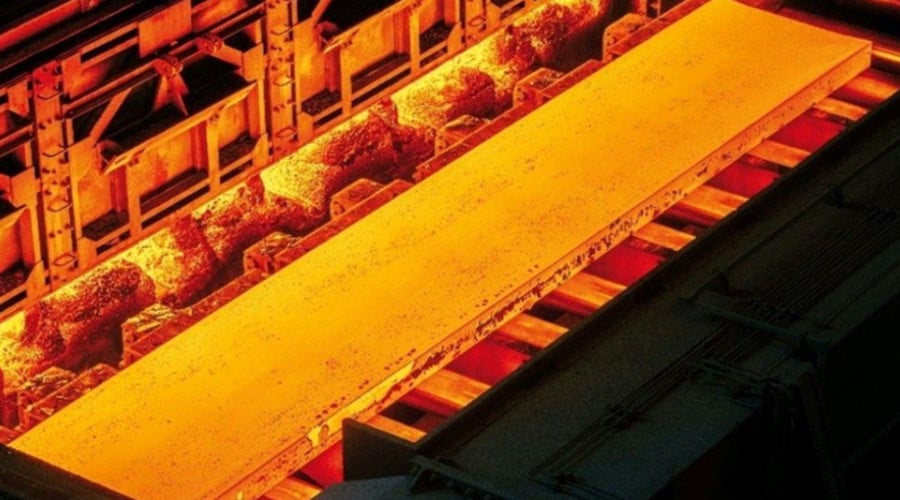The steel industry has always been at the forefront of technological advancements, constantly seeking ways to improve efficiency and productivity. One such innovation that has revolutionized the industry is the slab continuous casting machine. This machine has completely transformed the way steel is produced, making the process faster, more cost-effective, and environmentally friendly.
Traditionally, steel production involved a time-consuming and labor-intensive process known as ingot casting. In this method, molten steel was poured into molds to create large solid blocks called ingots. These ingots would then be reheated and reshaped into the desired forms, such as slabs, billets, or blooms. However, this process had several drawbacks.
Firstly, ingot casting was a slow process, as the steel had to cool and solidify before it could be further processed. This led to longer production times and limited the overall output. Additionally, ingots often contained internal defects, such as porosity and segregation, which affected the quality of the final product.
The slab continuous casting machine addressed these issues by introducing a continuous and automated production process. The machine consists of a series of interconnected molds through which the molten steel flows continuously, allowing for a continuous casting process. This eliminates the need for solidification time and enables a continuous production flow.
One of the key advantages of the slab continuous casting machine is its ability to produce steel with superior quality and consistency. The continuous casting process ensures that the steel solidifies uniformly, resulting in a more homogeneous structure. This eliminates the internal defects commonly found in ingot-cast steel, improving the mechanical properties and overall quality of the final product.
Furthermore, the continuous casting process allows for precise control of the steel's composition and temperature. By continuously monitoring and adjusting these parameters, manufacturers can produce steel with specific properties tailored to meet customer requirements. This flexibility has opened up new possibilities in steel production, enabling the development of specialized alloys and grades.
In addition to improving product quality, the slab continuous casting machine has significantly increased productivity in the steel industry. The continuous process eliminates the need for reheating and reshaping ingots, saving both time and energy. This translates into higher production rates and reduced production costs.
Moreover, the continuous casting process enables the production of larger and more uniform slabs. Ingot casting often resulted in varying sizes and shapes, which required additional processing steps to achieve the desired dimensions. With continuous casting, slabs can be produced in a consistent size and shape, reducing the need for further processing and increasing operational efficiency.
Another notable advantage of the slab continuous casting machine is its environmental impact. The continuous casting process requires significantly less energy compared to ingot casting. The elimination of reheating and reshaping steps reduces energy consumption and carbon emissions. Additionally, the reduced need for further processing results in less waste generation and a more sustainable production process.
The adoption of slab continuous casting machines has become widespread in the steel industry, with many manufacturers transitioning from traditional ingot casting methods. The benefits of this technology, such as improved product quality, increased productivity, and reduced environmental impact, make it an attractive choice for steel producers worldwide.
In conclusion, the slab continuous casting machine has revolutionized the steel industry by introducing a more efficient, cost-effective, and environmentally friendly production process. The continuous casting method eliminates the limitations of traditional ingot casting, allowing for higher-quality steel with increased productivity. As the demand for steel continues to grow, the slab continuous casting machine will play a vital role in meeting global steel production needs.

